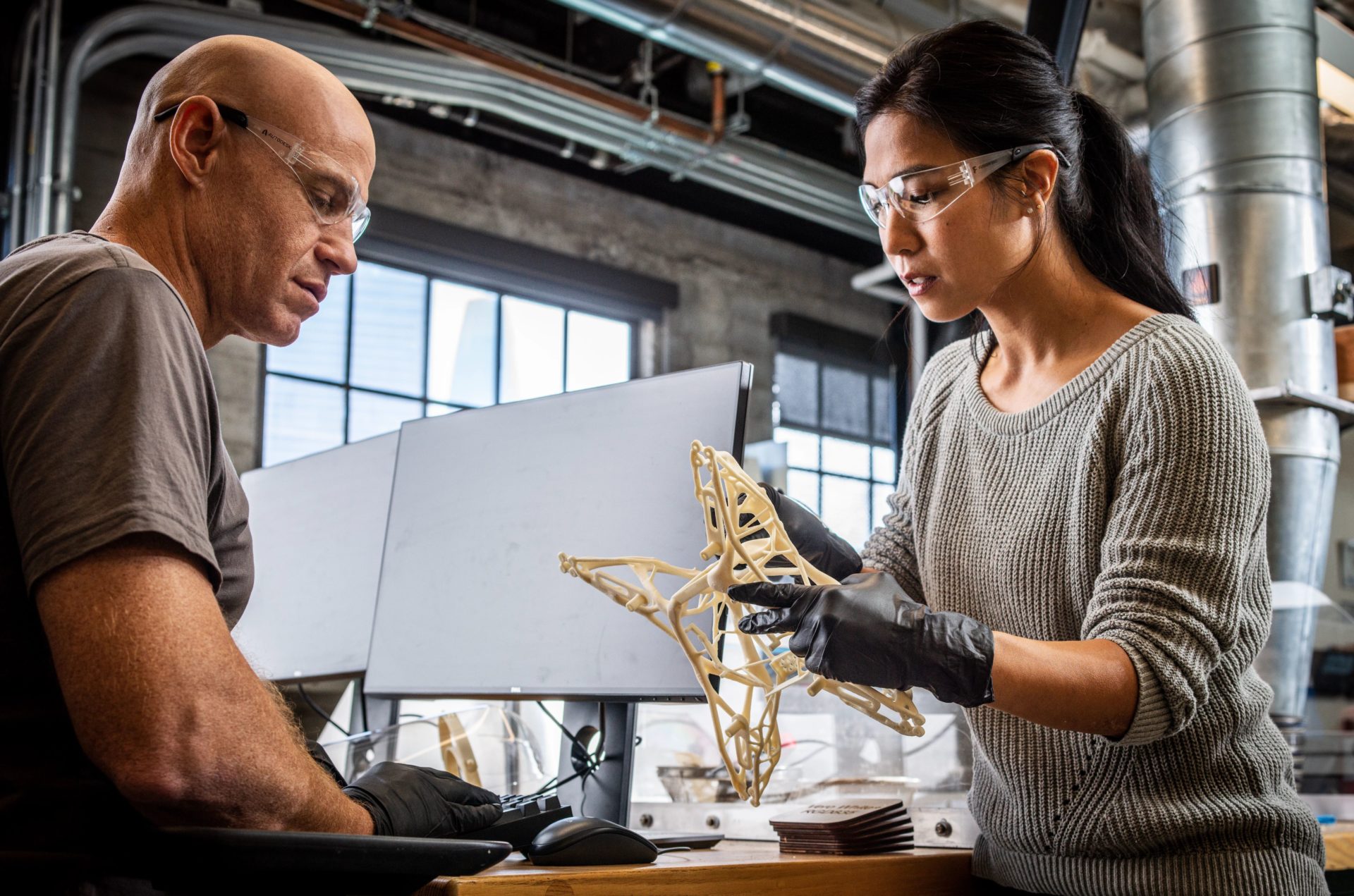Industry 4.0 revolution impacts industries across APAC; Australia most prepared with a preparedness score of 72% and second least at-risk country from automation
Australia – July 14, 2021 – Autodesk, Inc. (NASDAQ: ADSK) today announces the launch of The Future of Work is Now: Is APAC Ready? research study by Deloitte, commissioned by Autodesk Foundation. The report explores the future of work and automation[1] in 12 APAC countries including Australia, Thailand, Pakistan, India, Bangladesh, Myanmar, Singapore, Korea, Japan, Vietnam, The Philippines and Indonesia. Its aim is to help identify the labour markets most vulnerable to technological disruption in APAC and propose solutions to help workforces thrive as automation becomes a reality.
COVID-19 has upended ways of working around the world and is accelerating the adoption of automation due to remote workforces. According to the report, it’s estimated that close to half of all businesses intend to increase their adoption of robotic process automation over the next year.

Construction, mining and transport are most at risk of automation
Construction topped the list as the industry most likely to be hardest hit by the coming wave of automation. The construction industry had the highest proportion of routine, manual tasks, with a high potential for automation. Likelihood of automation was also high in mining, manufacturing and transport. In comparison, service industries – like health, education and financial services – had a relatively lower impact score.
“Digital change and automation are driving enormous productivity gains in the world of work – gains which are helping to improve standards of living across the globe, but there can also be significant adjustment costs associated with automation,” said Andy Cunningham, Regional Director, Australia & New Zealand at Autodesk.
“Taking proactive steps to address the risks of automation, and harness the benefits, will lead to better outcomes for workers, business and society more broadly.”
Australia most prepared for automation in APAC
The report finds Australia to be the most prepared country across APAC for the disruption of automation, with a preparedness score of 72 percent, followed by Singapore and Japan. India, Bangladesh and Pakistan are the countries most at risk and least prepared for automation.
“APAC is home to 60 percent of the global workforce, and the world’s largest developing economies. Across the region, the working poverty rate is 20.9 percent, and more than 1.1 million people die from occupational accidents or work-related diseases.
“Automation has the potential to address these problems. For example, it’s estimated that the use of collaborative robots can reduce up to 72 percent of common injuries in manufacturing jobs. Automation can also generate significant economic benefits, raising global productivity by as much as 1.4 percent annually,” said Mr Cunningham.
Industry 4.0 – the Fourth Industrial Revolution
While technology creates more jobs than it destroys, it is undeniable that automation will be disruptive. ‘Industry 4.0’, or the Fourth Industrial Revolution, is characterised as building on the widespread adoption of computers through the use of smart and autonomous digital technologies that are interacting and learning from other technology.
“This does not mean that automation should be avoided. Being proactive and preparing for change can mean that individuals, businesses, industries and nations can share in the benefits of automation,” said Mr Cunningham.
“Autodesk’s view has long been that automation creates opportunity, but only if we are deliberate about giving workers the skills they need to thrive in a new era of automation. That means new credentialling and certification programs to give them the skills they need to succeed, partnerships across the public and private sector to make workforce development a priority, and much more,” said Mr Cunningham.
Getting Proactive to Address the Risks of Automation
Even countries like Australia can do more to assist those workers facing automation risk. There is no such thing as being too prepared.
As well as identifying the challenges facing regions and industries in APAC, the report also highlights a series of proactive steps that should be taken to harness the benefits and address the risks, including:
- Increasing awareness of the need to adapt, changing the narrative in these regions to focus on the opportunities created in terms of higher, value-add activities rather than the risk of job losses created by automation
- Fund industry-specific programs for digital transformation helping smaller businesses to access new, digital technologies to help accelerate automation usage and adoption
- Invest in learning programs to help disadvantaged workers and build resilience, promoting the uptake of reskilling or upskilling courses to help workers continually reinvent themselves in an ever-evolving environment of disruption
APAC is a diverse region and the challenges facing individual countries when it comes to automation are vastly different. However, the report points to one common conclusion, regardless of geography—that automation will create opportunity if the right support mechanisms are put in place and the focus is put squarely on helping workers to succeed.